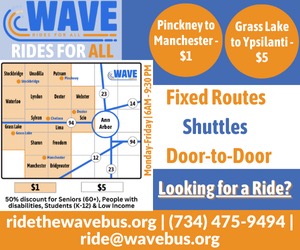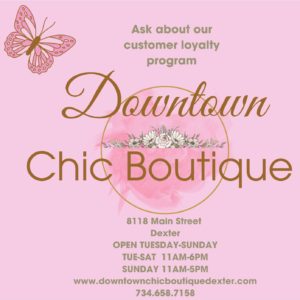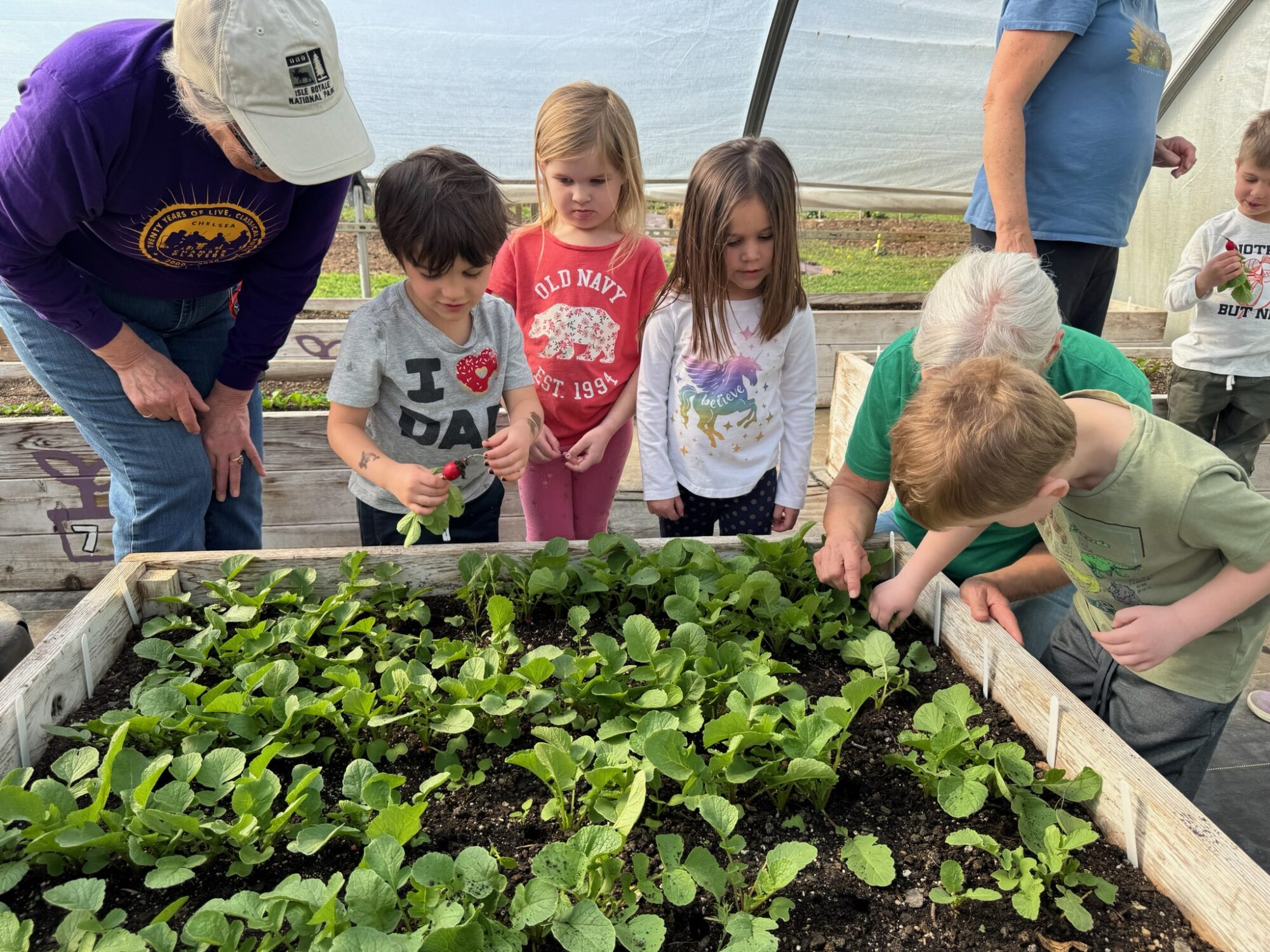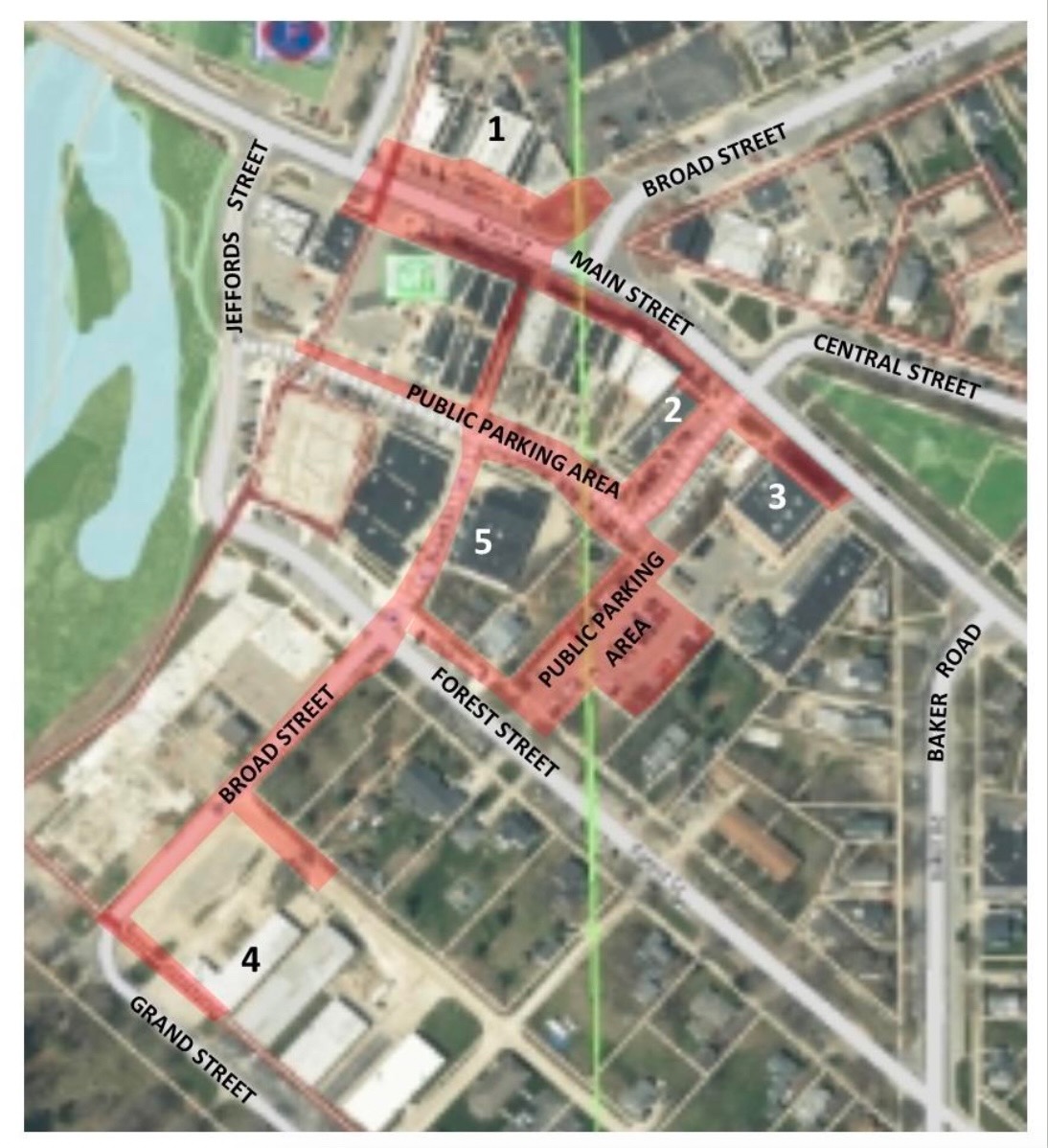How Coffee Shops, Breweries, and Churches Foster Public Engagement and Economic Growth
Photo: The Owl, Morning ‘til Night, Milan, MI. Credit: Ronnie Hensler
By Cassidy Jenkins
In sociology, “third places” are social environments that exist outside of the home (the first place) and work (the second place).
These locations serve as vital hubs where people can gather, connect, and build relationships in an informal setting. Coined by sociologist Ray Oldenburg, the concept has gained renewed attention in recent years, especially in small towns like Milan, MI, where cultivating these spaces has contributed to the town’s thriving popularity. From churches and coffee shops to breweries, these third places are essential for fostering public engagement, creating community bonds, and enhancing the overall vibrancy of small towns across Michigan.
One of Milan’s Thriving Third Places
Milan has emerged as a notable example of how third places can help a town grow, both in terms of public engagement and economic vitality. The town’s local businesses and institutions have played a central role in creating spaces where people can gather outside their daily routines, interact with neighbors, and build a stronger sense of community. Key among these third places is The Owl, Morning ‘til Night, offering a unique environment for fostering connection.
Ryan Wilman, the owner of The Owl Morning Til Night, has long envisioned his coffee shop as a “community center,” a place where people from all walks of life could feel welcome and come together.
“We’ve always tried to be that place of gathering,” Ryan explained, noting that the shop’s focus on collaboration with other local businesses and its open, friendly atmosphere has made it a hub for the town. The Owl doesn’t just serve coffee or alcohol—it serves as a meeting place, with a community board for messages and event announcements and an emphasis on supporting the local community through various initiatives.
“We always try to figure out a way to say yes, then try to decide ‘why not?’ when it comes to supporting the community,” Ryan added, highlighting the business’s role as a catalyst for engagement and innovation in Milan.
In addition to being a place where locals meet, The Owl actively participates in community events, further strengthening public engagement. “We lead by example,” Ryan said, discussing how the business has supported Milan’s growth by constantly trying new things and prioritizing the needs of the town over mere business expansion.
“Sometimes we do events not for growth, but for community and support,” illustrating The Owl’s commitment to fostering connection and unity in the community. By investing in neighbors and encouraging collaboration, The Owl has helped Milan thrive, embodying the spirit of a true third place.
Recognizing the power of Third Places in Neighboring Towns

In addition to Milan, Salt Springs Brewery, a converted church-turned-brewery, plays a similar role in the town of Saline, MI. Ed Brosius, Master Brewer of Salt Springs, sees the brewery as more than just a place to have a drink.
“We offer an enticing open space with excellent libations, appetizers, and a full menu,” Brosius explained. The brewery’s atmosphere is unique, with secular stained glass and striking architecture that sets it apart from a typical bar.
“People enjoy the casual, family-friendly environment, where they can come to relax after work or enjoy a meal with loved ones,” Brosius said. Salt Springs has also become a popular spot for business gatherings, where groups can meet over lunch or dinner to socialize or celebrate milestones. As Brosius put it, “People find relaxation here and shed some of the stress of the day rather than taking it home.”
The brewery’s role as a third place became even more important during the pandemic. Though many businesses struggled to stay afloat, Salt Springs found creative solutions to remain open.
“We set up a 20×50 heated patio tent and offered carryout and home delivery,” Brosius said. These efforts helped the brewery maintain a loyal following and even expand its offerings, as they later reinvested in a permanent heated pergola to provide comfortable outdoor seating. Salt Springs’ ability to adapt during COVID underscores the resilience of third places and their central role in community life, even in challenging times.
Milan’s Marble Memorial United Methodist Church as a Community Hub

While coffee shops and breweries serve as casual social spaces, places of worship like Marble Memorial United Methodist Church also function as important third places. Pastor Matt West, who took over leadership of the church during the pandemic, emphasized that the church is more than just a place for worship—it’s a space for connection and outreach.
“Our relationship with God may seem complicated, but it’s simple, and we’re not supposed to do it alone,” Pastor Matt said, underscoring the church’s commitment to fostering a sense of community beyond its walls.
Marble Memorial has made significant efforts to connect with the Milan community through a variety of outreach programs, including a free monthly meal and participation in local events like Milan’s “Third Thursdays.” Pastor Matt explained that the church’s role is about “being present” and building recognition by engaging with the town.
“We’re doing more outside of the walls than just trying to get people inside,” he noted, highlighting the church’s emphasis on inclusivity and support for the broader community. By participating in events and providing opportunities for engagement, Marble Memorial has become a place where residents can find comfort, guidance, and social interaction, further solidifying its role as a third place in Milan.
The Broader Importance of Third Places in Community Growth
Third places like The Owl, Salt Springs Brewery, and Marble Memorial Church are crucial to the social fabric of small towns. They offer spaces where people can relax, engage in conversation, and build relationships in ways that foster a stronger community. These spaces cater to diverse groups—families, friends, business professionals, and individuals seeking solace or companionship—highlighting the importance of inclusivity in community development.
In addition, third places contribute significantly to local economies. Businesses like The Owl and Salt Springs have thrived by becoming gathering spots that attract both regulars and newcomers, driving foot traffic and supporting other local ventures. Their success is not just measured in profits but in the connections they foster and the contributions they make to the town’s culture and identity.
Rebuilding Post-COVID and Moving Forward
While the COVID-19 pandemic disrupted the operation of third places, it also underscored their importance in community life. As people sought safe ways to reconnect, these small towns’ third places adapted to meet new needs. The Owl installed outdoor seating to create a safe, welcoming environment, while Salt Springs continued to innovate by offering home delivery and expanding outdoor dining options. Marble Memorial Church worked to reassure its congregation and the wider community, offering outreach programs that emphasized safety and support.
Now, as the world moves beyond the pandemic, Milan’s third places remain central to its continued growth. Their resilience and ability to foster public engagement have played a key role in making the town a popular and welcoming destination.
Third places in towns such as Milan and Saline have done more than provide spaces for social interaction; they have become essential to the town’s identity and success. Whether it’s a coffee shop, a brewery, or a church, these gathering spots offer residents and visitors alike a place to feel connected, supported, and part of something larger than themselves.
Milan’s embrace of third places has not only made the town more vibrant but has also created a blueprint for how small towns can thrive by fostering community through shared spaces.






 8123 Main St Suite 200 Dexter, MI 48130
8123 Main St Suite 200 Dexter, MI 48130


